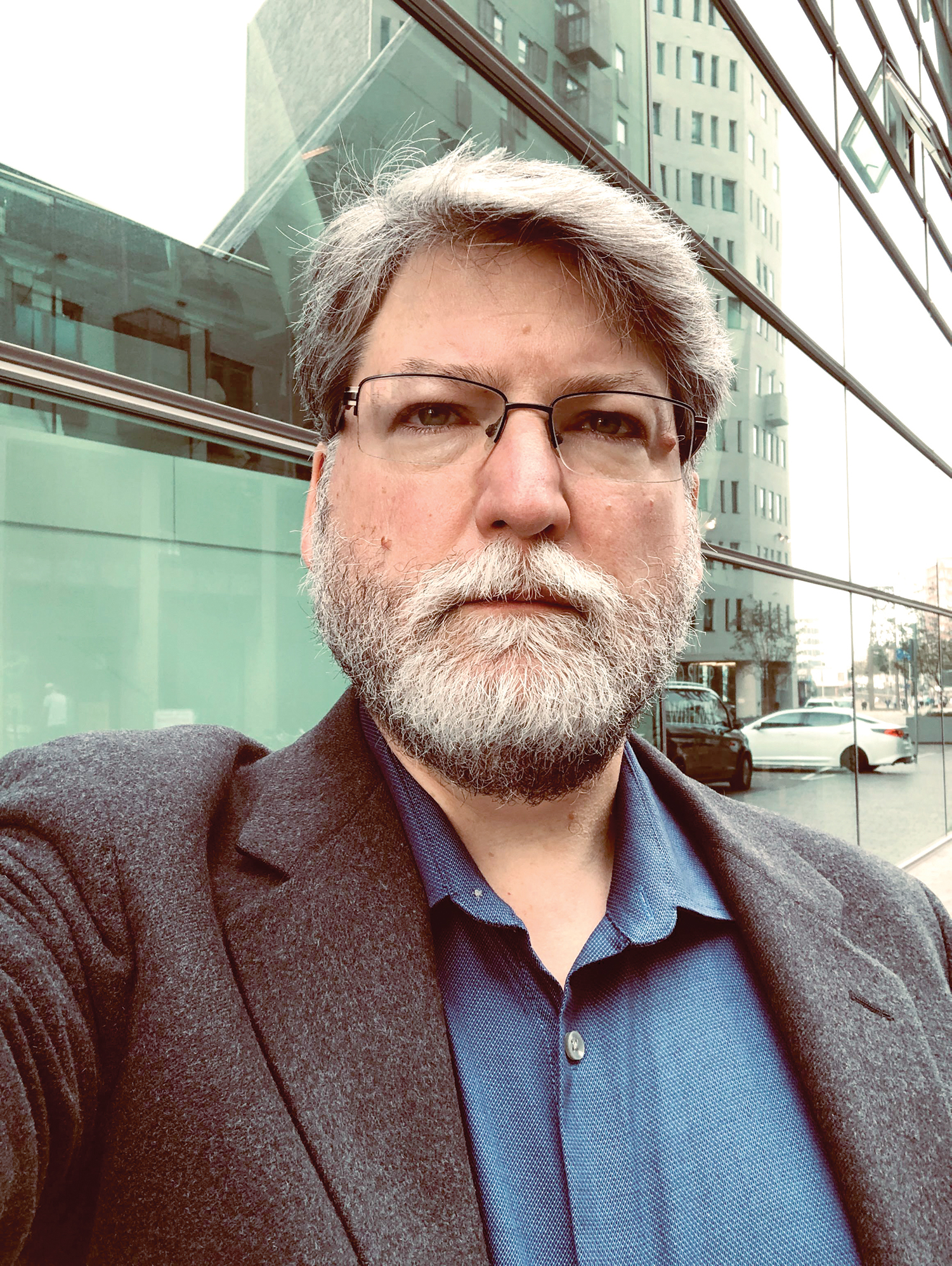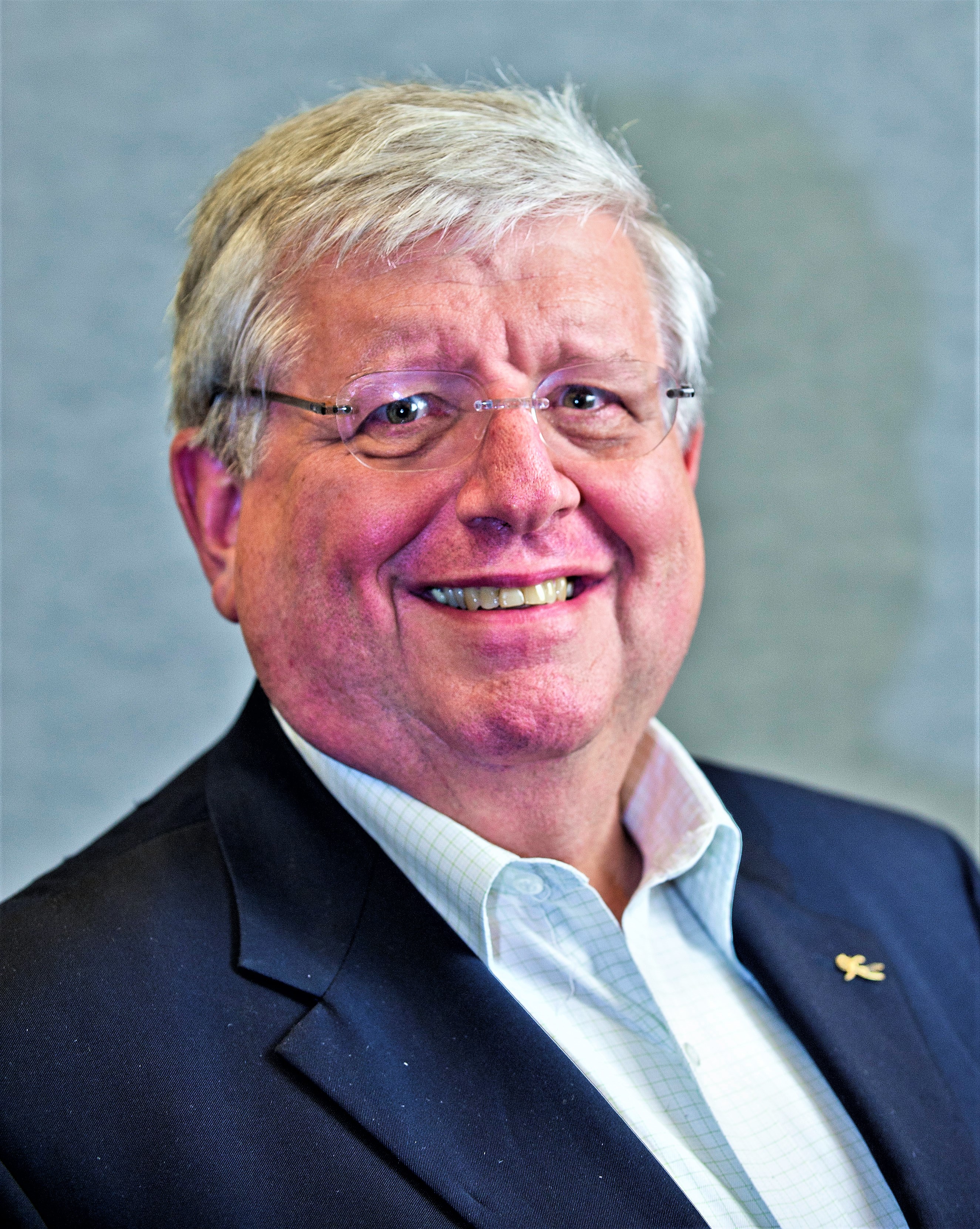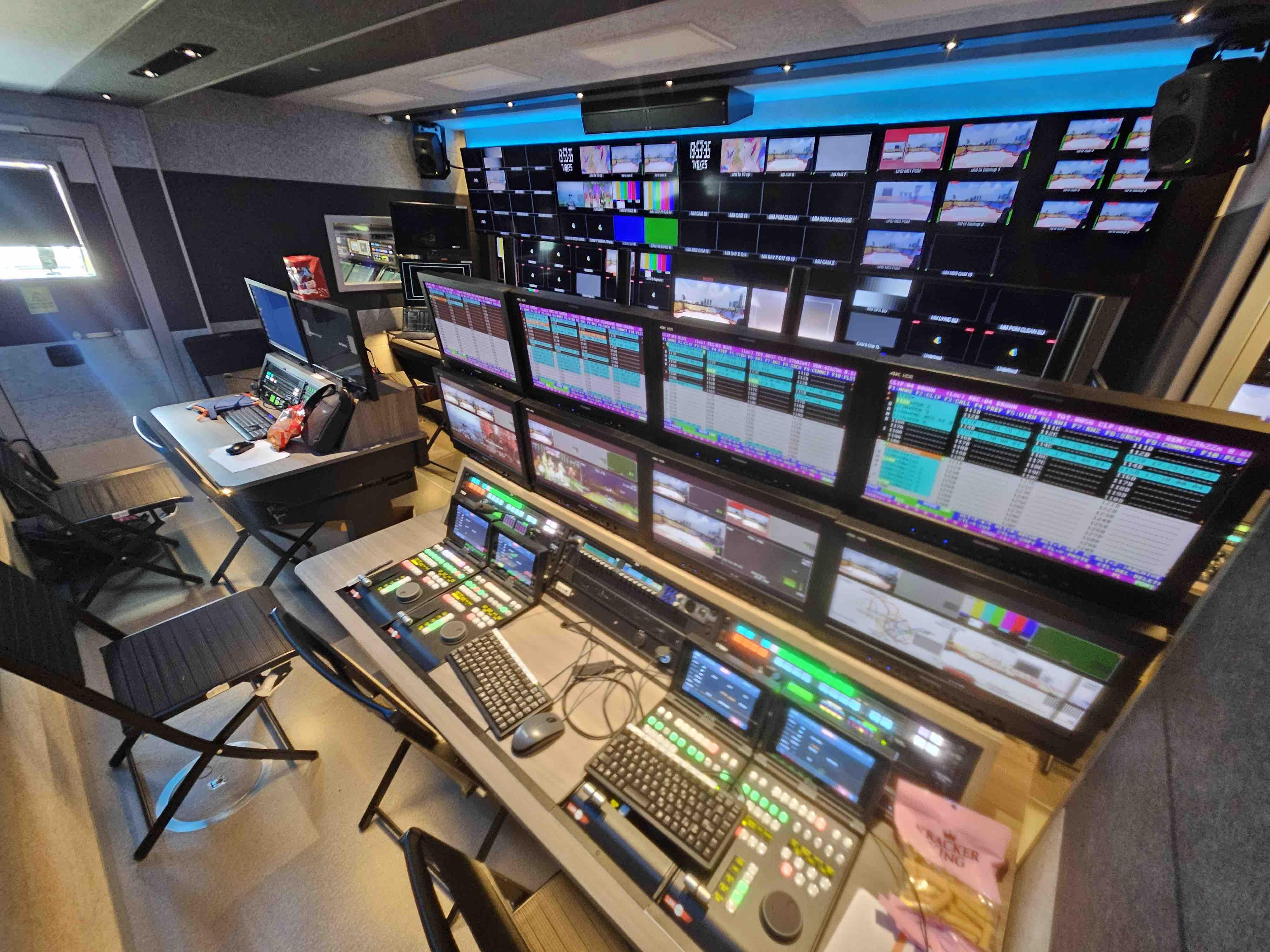John Mailhot
CTO & Director of Product Management, Infrastructure & Networking, Imagine Communications

Mailhot summarizes his career as “32 years, seven companies, one desk.” Despite multiple companies on his resumé, Mailhot said he has never “job-hopped.” The companies he’s been with have changed hands many times, but his focus has remained steady.
His biggest career move came with AT&T Bell Labs in the early 1990s when he worked on the team developing the first DTV encoders. He recalls the value of seven companies collaborating to create a new system.
“We were using the best electronics available to build these signal processing systems, and now the idea was to apply that design experience to television — digitally compressing the television signal for digital transmission to consumers,” Mailhot recalled.
He was involved in the FCC’s Advisory Committee on Advanced Television Service and the Advanced Television Standards Committee, and now is deeply involved in NextGen TV standards through his role as editor of the SMPTE 2110 standard for video transport over IP.
During his years at Harris Broadcast, Mailhot was involved in a variety of compression, video and audio processing and conversion and IP-based “virtual routing” systems and devices. In 2014, he accepted a Television Engineering Emmy Award for Harris’s role in standardization implementation of interoperable JPEG2000 compression.
At the core of Mailhot’s thinking is moving the TV industry to IP “to leverage that to what we do in television.” He cites 100 GigE as “tremendous” and reminds colleagues that viewers now watch video through “delivery platforms” not just the over the air.
Since he moved his latest desk to Imagine Communications, Mailhot has focused on the development and deployment of standards-based uncompressed-over-IP routing systems and related control systems and the development of SMPTE 2110-based technologies. He is also currently responsible for traditional and IP-based routing, processing, multiviewer, and infrastructure portfolios.
The professional video industry's #1 source for news, trends and product and tech information. Sign up below.
Throughout his career, Mailhot has learned to keep in mind that, “Television is not a technology business. We are a content business — where engineering’s mission is to enable/facilitate the creation and delivery of the best content, on a supportable budget, at the necessary quality level.
“Standards matter because they are a form of communicating between organizations about technical expectations,” he added.
Gary Arlen, a contributor to Broadcasting & Cable, NextTV and TV Tech, is known for his visionary insights into the convergence of media + telecom + content + technology. His perspectives on public/tech policy, marketing and audience measurement have added to the value of his research and analyses of emerging interactive and broadband services. Gary was founder/editor/publisher of Interactivity Report, TeleServices Report and other influential newsletters; he was the long-time “curmudgeon” columnist for Multichannel News as well as a regular contributor to AdMap, Washington Technology and Telecommunications Reports; Gary writes regularly about trends and media/marketing for the Consumer Technology Association's i3 magazine plus several blogs.

